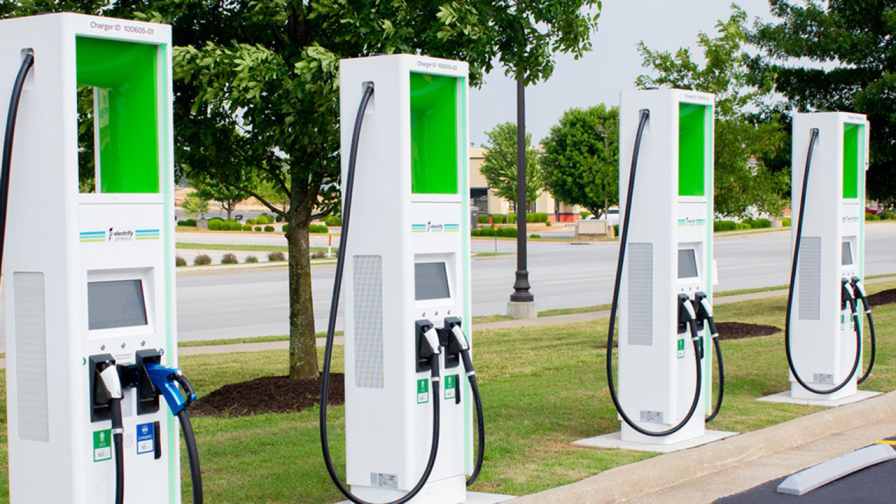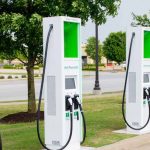The US to spend $5 billion to build 500,000 electric vehicle charging stations over five years

The number of electric vehicles (EV) on U.S. roads is projected to reach 18.7 million in 2030. As electric vehicles gain mainstream adoption, more charging stations are going to be needed to power millions of new electric cars on the roads.
In December 2020, “President-Elect” Joe Biden promised to build 550,000 (EV) charging stations and create over 1 million jobs by investing in clean energy research over the next few years. Now, Biden is making true on his promise.
Today, the Biden administration plans to detail how it will award about $5 billion to fund EV charging networks in the United States. As part of the plan, the US will build 500,000 electric vehicle charging stations over five years. The $5 billion is part of the $1 trillion infrastructure funding bill that Congress approved in November 2021.
The EV charging network effort is part of Biden’s plan to eclipse China in EV production and develop the right green policies. In addition to the EV charging stations, Biden also promised during his campaign before the election to help the United States compete with China on electric vehicles (EVs) as part of a $2 trillion plan to fight climate change.
One of the reasons often cited for many people for not wanting to switch to EV cars is the lack of enough charging stations. The White House is trying to encourage Americans to move away from gasoline-powered vehicles even as efforts to win substantial additional funding for EVs in Congress have stalled.
Meanwhile, as part of the plan, the Biden administration will make $615 million available in 2022 but states must first submit plans and win federal approval. The U.S. Transportation Secretary Pete Buttigieg said the funding “will help us win the EV race by working with states, labor, and the private sector to deploy a historic nationwide charging network.”
By 2030, Biden wants 50% of all new vehicles sold to be electric or plug-in hybrid electric models and 500,000 new EV charging stations; he has not endorsed phasing out new gasoline-powered vehicle sales by 2030. The Biden administration said in guidance Thursday that states should first prioritize investments along interstate highways. It also says:
* States should fund DC Fast Chargers; stations should have at least four ports capable of simultaneously charging four EVs.
* States should install EV charging infrastructure every 50 miles along interstate highways and be located within 1 mile of highways.
* Federal funds will cover 80% of EV charging costs, with private or state funds making up the balance.




